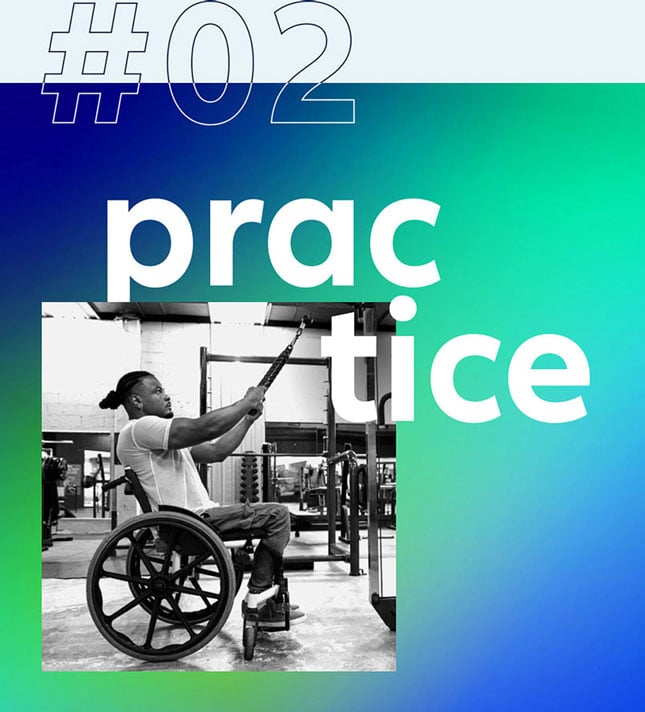Disclaimer
This content is for general information purposes only, and should not be used as a substitute for consultation with professional advisors. Information available here is not to be relied upon as professional advice or for the rendering of professional services. Certain links in this Site connect to other Web Sites maintained by third parties over whom Allianz SE has no control. Allianz SE makes no representations as to the accuracy or any other aspect of information contained in other Web Sites.
Cautionary note regarding forward-looking statements
This document includes forward-looking statements, such as prospects or expectations, that are based on current views and assumptions and subject to known and unknown risks and uncertainties. Actual results, performance figures, or events may differ significantly from those expressed or implied in such forward-looking statements.
Deviations may arise due to changes in factors including, but not limited to, the following: (i) the general economic and competitive situation in the Allianz’s core business and core markets, (ii) the performance of financial markets (in particular market volatility, liquidity, and credit events), (iii) adverse publicity, regulatory actions or litigation, (iv) the frequency and severity of insured loss events, including those resulting from natural catastrophes, and the development of loss expenses, (v) interest rate levels, (vi) changes in laws and regulations, including tax regulations, and (vii) the general competitive conditions that, in each individual case, apply at a local, regional, national, and/or global level.
No duty to update
Allianz assumes no obligation to update any information or forward-looking statement contained herein, save for any information we are required to disclose by law.
Privacy note
Allianz SE is committed to protecting your personal data. Find out more in our Privacy Statement.






